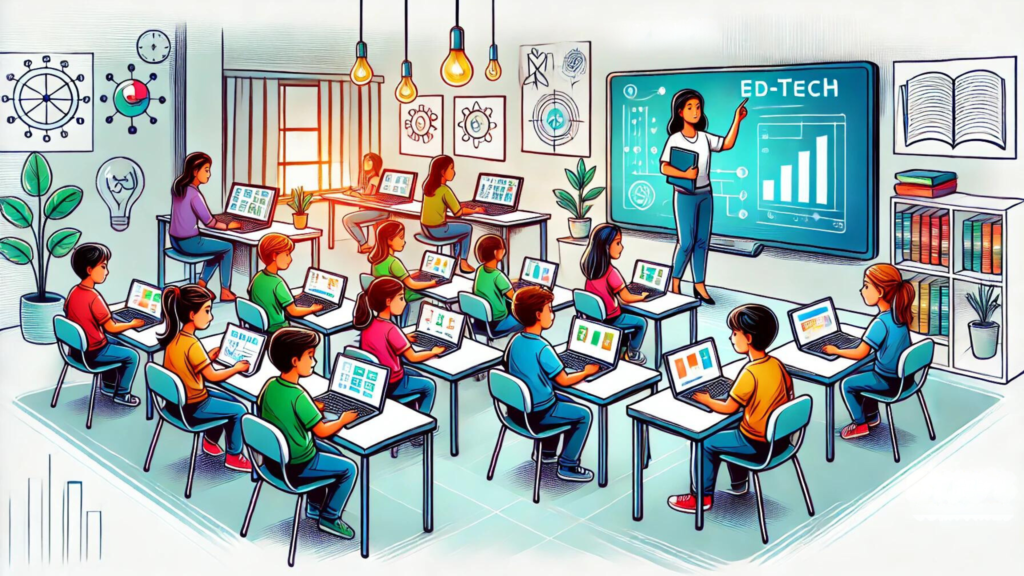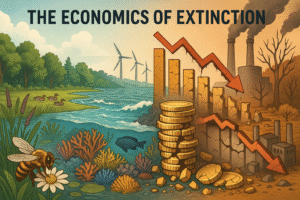Education is often likened to a tapestry woven with threads of knowledge, experience, and growth. But how often do we consider the economics of this tapestry? Investing in education is investing in yourself, with returns extending beyond monetary gains to personal and societal development. In this blog, we’ll explore the fascinating world of education economics and its impact on our lives, especially in the Indian context.
Understanding the Economics of Education
The economics of education refers to studying how educational investments translate into economic outcomes. This includes analyzing costs, benefits, and the overall impact of education on individuals and society. In India, where education is a powerful tool for social mobility and economic progress, understanding its economic aspects is crucial.

The Cost of Education: An Investment Perspective
Education costs can be viewed as an investment rather than a mere expense. These costs include tuition fees, books, materials, and even the opportunity cost of studying instead of working. However, the long-term benefits of education—higher earning potential, better job opportunities, and improved quality of life—far outweigh these initial costs.
For instance, pursuing higher education can lead to better job placements and higher salaries. According to a report by the Ministry of Human Resource Development (MHRD), individuals with a higher education degree earn significantly more than those with only a secondary education.
Education as a Public Good
Education is not just a private good but also a public one, benefiting society at large. An educated population is crucial for economic development, innovation, and social stability. Government spending on education, therefore, is an investment in the nation’s future. In India, schemes like the Sarva Shiksha Abhiyan (SSA) and the Right to Education (RTE) Act aim to ensure that every child receives quality education.
The Role of Private Investment in Education
While public funding is essential, private investment also plays a significant role in education. Private educational institutions, coaching centers, and ed-tech companies contribute to the educational landscape. Companies like BYJU’S (an Indian ed-tech company offering online learning programs) have revolutionized how students access and engage with educational content.
Returns on Educational Investment
The returns on investing in education can be measured in various ways. Financially, it leads to higher income and better job security. Socially, it improves health, increases civic participation, and improves quality of life. Education also fosters critical thinking, creativity, and problem-solving skills, which are invaluable in today’s fast-paced world.
Challenges in the Indian Education System
Despite the numerous benefits, the Indian education system faces several challenges, including quality disparities, inadequate infrastructure, and teacher shortages. Addressing these issues requires concerted efforts from both the government and private sectors. Initiatives like the National Education Policy (NEP) 2020 aim to bridge these gaps and make education more inclusive and effective.
Conclusion: Investing in Yourself
The tapestry of education economics reveals that investing in education is one of the most impactful decisions you can make for yourself and society. It is an investment that continues to pay dividends throughout your life, enriching you in ways that go beyond financial gains.
Author’s Note
Education is a lifelong journey that shapes our careers, perspectives, and values. By understanding the economics of education, we can better appreciate its importance and make informed decisions about our educational investments. Let’s continue to weave our personal and collective tapestries with threads of knowledge and growth.
G.C., Ecosociosphere contributor.




